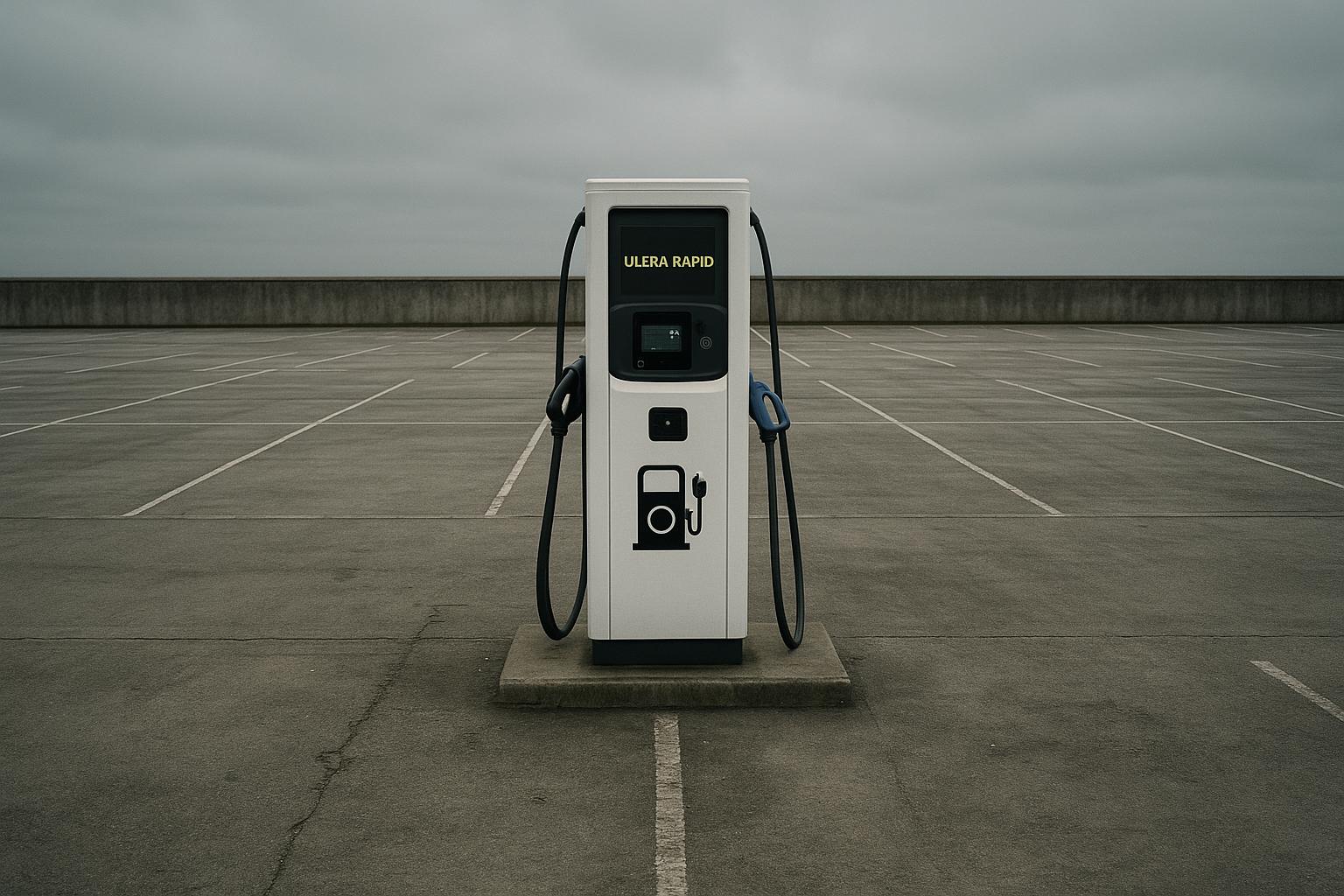The rollout of public electric vehicle (EV) charging points in the UK presents a picture of both progress and challenges, with recent figures revealing a slower installation rate compared to the previous year, despite overall growth in infrastructure. According to data cited in a recent Daily Mail report, just 12,322 public chargers were added so far this year, equating to 45 installations per day. This is down from the 19,834 chargers installed in the same period last year, or 54 a day, and represents a return to the levels seen in 2023, when 16,502 chargers were installed throughout the year.
This slowdown raises concerns over whether the charging infrastructure is keeping pace with the growing demand for electric cars, particularly impacting drivers who lack access to home charging facilities, such as those without off-street parking. "Public charge points are essential for motorists, especially those without a home driveway," a spokesman for the Society of Motor Manufacturers and Traders (SMMT) told the Daily Mail, highlighting the critical nature of accessible public charging to facilitate the EV transition. The pace of rollout also falls significantly short of the government’s target, which calls for 130 chargers to be installed daily to reach the ambition of 300,000 public charge points by 2030. Alarmingly, in September alone, the installation rate dipped to fewer than 29 chargers per day.
Range anxiety—the worry about being able to find a charging point on long journeys—is widely recognised as a barrier to EV adoption, alongside concerns about vehicle cost. The government has responded by launching an Electric Car Grant offering discounts of up to £3,750 on eligible EV purchases and committing £65 million towards home charging solutions for households without driveways, including a 'gully scheme' to help street parkers charge their vehicles. However, industry voices stress that these measures must be complemented by faster and broader expansion of the public charging network. The SMMT representative remarked: "The two main barriers to going electric are concerns around vehicle cost and charging. The new Electric Car Grant is helping reduce sticker prices and charging network coverage is improving, but we need to go further, faster."
Contrasting the Daily Mail’s report, other data sources reflect a more positive trend in the UK’s EV charging infrastructure. Industry reports from Zap-Map and Fleet News indicate record rates of charger installation in 2024, with over 20,000 new public charging points added, representing a 38% year-on-year increase. The total number of chargers has reached nearly 74,000 devices, underpinning a substantial growth in capacity. These statistics also show an accelerating rate of installation, from 1,400 chargers per month in 2023 to around 1,650 per month in 2024, signalling a robust expansion effort.
Moreover, significant growth has been seen in ultra-rapid charging technology—the high-speed chargers regarded as crucial for long-distance EV travel—with an 84% increase reported since the end of 2023. This leap in ultra-rapid charger availability addresses one of the key practical concerns among EV users, potentially easing range anxiety. Data from September 2025 further illustrates continued progress, with the UK now home to over 86,000 charging devices across more than 43,000 locations, marking a 22% increase year-on-year. Ultra-rapid chargers alone total 9,290 units, a 51% rise from the previous year, and the number of charging hubs featuring multiple rapid or ultra-rapid chargers has increased significantly by 47%.
Looking ahead, industry forecasts remain optimistic. The UK is reportedly on track to surpass 100,000 public EV charging points by August 2025, buoyed by an accelerated installation rate averaging nearly 1,900 devices per month in early 2024—a 37% increase compared with 2023 rates. These figures reflect substantial investment and commitment to expanding infrastructure, aiming to support the broader adoption of electric vehicles across the country.
Overall, while there are valid concerns about the recent slowing of new charger installations relative to government targets—particularly regarding accessibility for drivers without private parking spaces—the broader data suggests the UK's EV charging network is growing rapidly in scale and capability. The challenge lies in sustaining and accelerating this expansion to meet ambitious climate and transport goals and to reassure the public that electric vehicles can be a practical choice for all motorists.
📌 Reference Map:
- Paragraph 1 – [1], [4]
- Paragraph 2 – [1]
- Paragraph 3 – [1]
- Paragraph 4 – [2], [3]
- Paragraph 5 – [2], [3], [5], [4]
- Paragraph 6 – [6], [7]
- Paragraph 7 – [1], [2], [3], [4], [5], [6], [7]
Source: Noah Wire Services
